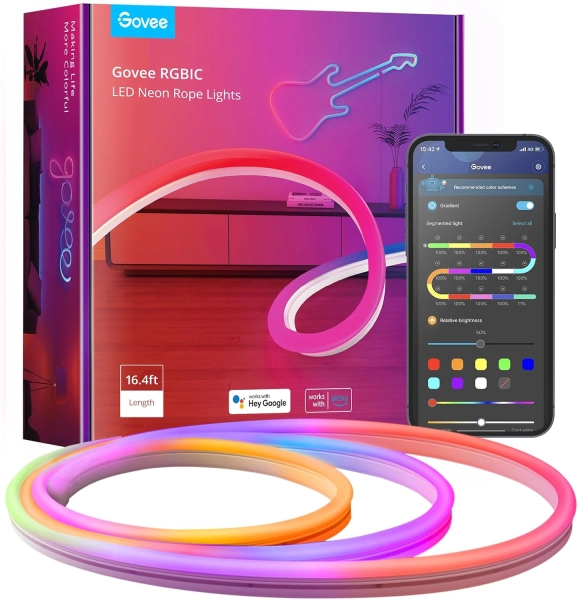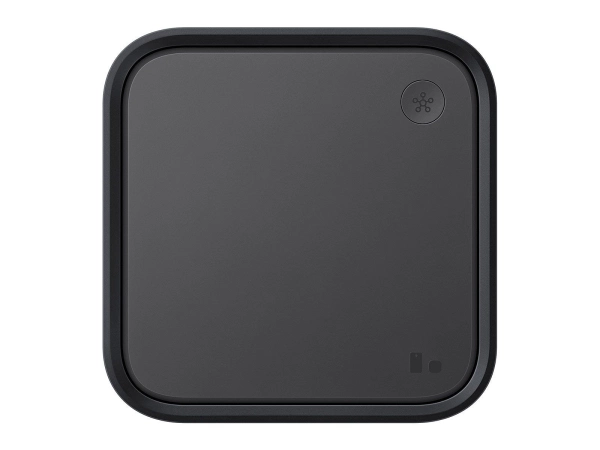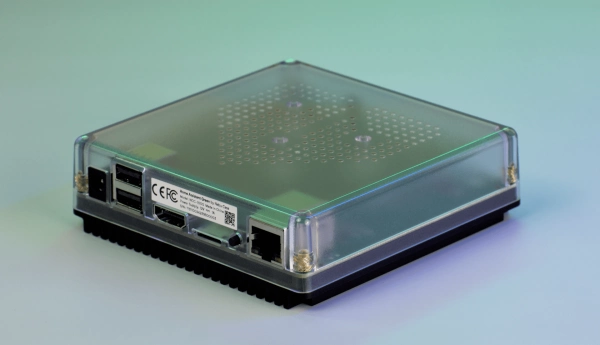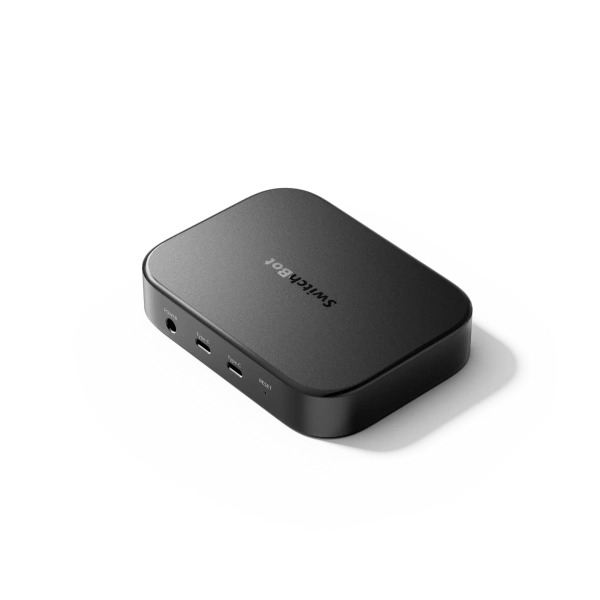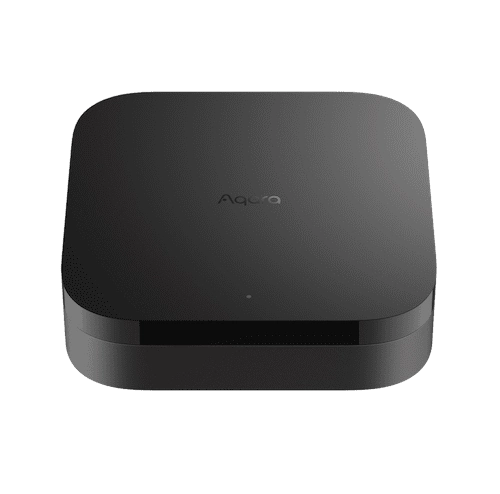Reports flooded in on Monday, October 20, as users complained of smart homes that had suddenly stopped working. The problem was a major, 15-hour outage at Amazon Web Services (AWS), which provides the computer servers and online services that thousands of companies use to run their apps and services.
The disruption started in one of Amazon’s biggest data centers in Virginia and was caused by a problem with its Domain Name System (DNS), which acts like the internet’s address book. For hours, apps and devices couldn’t find the servers they needed to work.
The failure affected many popular smart home brands, including Amazon’s own Alexa and Ring, along with Ecobee, Govee, SwitchBot, TP-Link (Tapo and Kasa), etc. The event becomes a real-world test, drawing a clear line between devices that need the internet to function and those that can work locally.
A test of the modern smart home
For platforms that need the internet for everything, the failure was total. Amazon’s Alexa assistants stopped responding to commands, and the companion app wouldn’t load, leaving users with no way to control their homes. Ring doorbells also went offline, creating a gap in home security.
The problems were worse for some. Owners of the expensive Eight Sleep “Pod” smart bed found their devices started to overheat, with some reaching 110 degrees Fahrenheit as PCWorld reported. Others got stuck in an upright position, making them impossible to sleep in.
Govee light owners discovered their lights were offline in the app and couldn’t be controlled. Even a popular workaround for Govee, an integration called govee2mqtt, broke and required a restart after the outage to fix.
Govee Neon Light 1
Several reports from the SmartThings community forum also stated that the platform was partly out of control. While some of their local automations continued to work (like a Zigbee motion sensor turning on a Zigbee light), they couldn't use the SmartThings app on their phone to control those same devices. This showed a key weakness: even if devices can talk to each other locally, an app that needs the internet can still leave you without control.
SmartThings Station
Why some smart homes kept working
While many cloud-connected devices stopped working, smart homes built around local control systems and integration like Zigbee, Matter, Home Assistant, and Hubitat were unaffected.
Matter lets devices from different brands talk to each other directly inside your home using your Wi-Fi, Ethernet, or a low-power network Thread. When you give a command, it goes straight from your phone or smart speaker to the device, without needing to go over the internet to a company’s server. This design makes them faster and much more reliable, which is why they continued to work perfectly during the AWS outage.
Home Assistant Green
Best Price
Also available at
Dedicated local hubs like Home Assistant and Hubitat act as the “brain” for a smart home. They run on a small computer inside your house and manage all your devices and automations. This means that even if your internet goes out completely, all your smart home rules and schedules keep running without a problem.
SwitchBot AI Hub
Occasional internet problems are a timely reminder of which smart devices in your home can work offline. Many companies design their products to communicate locally – directly with an app or a smart hub in your house – to make them faster and more reliable. This outage showed which products truly had that local control and which were completely dependent on the cloud. And many frustrated users said their next smart lights would be based on Matter, which doesn’t rely on the cloud.
Aqara Hub M3
Best Price
Also available at
In response, more device makers like Aqara, Tapo, and SwitchBot are migrating to Matter options and releasing powerful hubs and gateways that handle connectivity, automations, and even AI features locally. This trend provides a better balance between cloud and local processing, giving users the option to choose between a lightweight, cloud-based setup and a more resilient, locally-controlled smart home. When combined with local protocols like Matter, these hubs are better equipped to survive the next cloud outage.
(Source: AWS, TP-Link, SmartThings Forum, Ecobee, Reddit, GitHub, SwitchBot, Hubitat, PCWorld)

